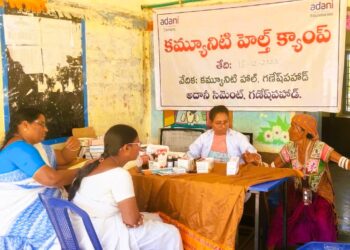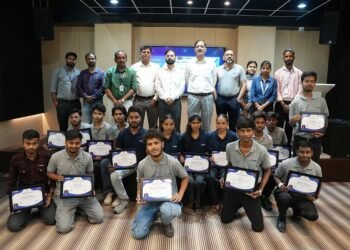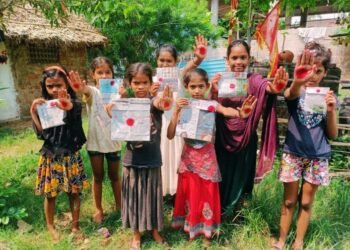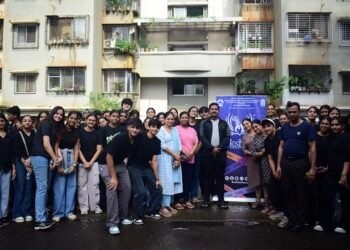Mumbai (India CSR): Reaffirming its commitment towards fostering sustainable development in the community, Tata Motors, in association with the BAIF Institute for Sustainable Livelihoods and Development (BISLD), piloted the Wadi model in Jawhar tribal region of Palghar, Maharashtra. This holistic model has significantly enhanced the livelihoods of 2,000 farmers by increasing food security, generating sustainable income, providing healthcare facilities, and sharing technical know-how to improve the quality and the quantity of the farm produced.
The company has spent Rs. 23 Crores in various social development projects during the year 2022.
Since the inception of this programme, these farmers have planted over 2.7 lakh trees and conserved over 1000 acres (265 hectares) of soil. Developed through participatory planning with tribal communities in three-gram panchayats in Jawhar, this Wadi model has gained tremendous success and is now spreading across other neighboring areas in Palghar.
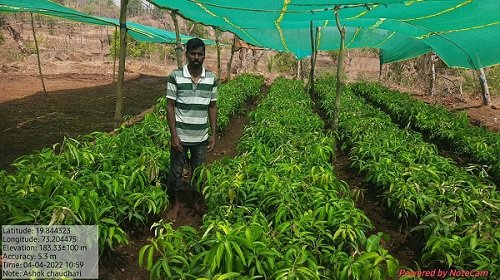
To date, under this model, around 60 fruit trees (mainly mango and cashew) and 250 to 300 forestry trees (combination of timber, fodder and NTFP tree species) have been planted on 1 acre of underutilized land owned by each participating family. Tata Motors has developed 6 nurseries in Jawhar to provide each family with saplings. The Government on the other side supports the farmers under schemes like MGNREGA to assist them in earning wages for tasks such as digging, pitting, gap filling, etc. Farmers are further entrusted with the responsibility of taking care of plants.
The model also addresses a wide range of environmental needs such as tree plantation, soil conservation, water resource development, moisture conservation, improved nutrition and quality of life. In addition, agricultural product aggregation, processing and marketing initiatives introduced into the current model have enhanced the capacity-building amongst farmers. Benefits of this model are also extended to landless families through small enterprises like sapling and fruit plant nurseries, vermicompost production, petti shops, and more.
Also Read: Tata Motors had a total debt of Rs. 1,39,677 crores in FY 2022: Report

Commenting on this remarkable achievement, SJR Kutty, Chief Sustainability Officer, Tata Motors, said, “Tata Motors firmly believes in the need to constantly work to bring a lasting positive impact to the community and the environment. Our Wadi model aims to promote sustainable livelihoods while strengthening environmental resilience, and has achieved significant results over the last few years. We will continue to work on this front in earnest, incorporating more meaningful changes to increase impact, continuing to tread decisively towards a more sustainable future.”
To continue efforts under the Wadi model, Tata Motors has committed to planting five lakh trees and will be providing opportunities in existing project areas to farmers through BISLD. Another 2000 farmers have been identified as proposed beneficiaries and will be provided with technical support and nurseries. Through these efforts, Tata Motors aims to transform 2000 acres of waste land into cultivable land, as well as assist each farmer enrolled in the programme to develop a stable means of sustainable livelihood.
Also Read: 10 Key highlights of Tata Motors CSR Report for FY22
(India CSR)




